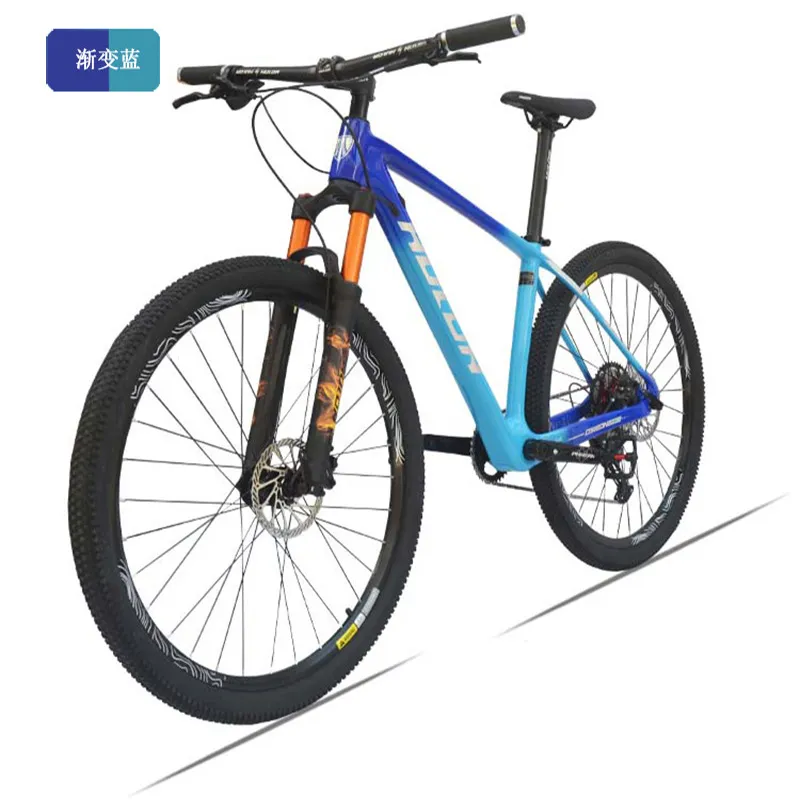
- Afrikaans
- Albanian
- Amharic
- Arabic
- Armenian
- Azerbaijani
- Basque
- Belarusian
- Bengali
- Bosnian
- Bulgarian
- Catalan
- Cebuano
- Corsican
- Croatian
- Czech
- Danish
- Dutch
- English
- Esperanto
- Estonian
- Finnish
- French
- Frisian
- Galician
- Georgian
- German
- Greek
- Gujarati
- Haitian Creole
- hausa
- hawaiian
- Hebrew
- Hindi
- Miao
- Hungarian
- Icelandic
- igbo
- Indonesian
- irish
- Italian
- Japanese
- Javanese
- Kannada
- kazakh
- Khmer
- Rwandese
- Korean
- Kurdish
- Kyrgyz
- Lao
- Latin
- Latvian
- Lithuanian
- Luxembourgish
- Macedonian
- Malgashi
- Malay
- Malayalam
- Maltese
- Maori
- Marathi
- Mongolian
- Myanmar
- Nepali
- Norwegian
- Norwegian
- Occitan
- Pashto
- Persian
- Polish
- Portuguese
- Punjabi
- Romanian
- Russian
- Samoan
- Scottish Gaelic
- Serbian
- Sesotho
- Shona
- Sindhi
- Sinhala
- Slovak
- Slovenian
- Somali
- Spanish
- Sundanese
- Swahili
- Swedish
- Tagalog
- Tajik
- Tamil
- Tatar
- Telugu
- Thai
- Turkish
- Turkmen
- Ukrainian
- Urdu
- Uighur
- Uzbek
- Vietnamese
- Welsh
- Bantu
- Yiddish
- Yoruba
- Zulu
Nov . 09, 2024 11:11 Back to list
Tips for Properly Adjusting the Front Derailleur on Your Mountain Bike
Adjusting the Front Derailleur on a Mountain Bike
The front derailleur is a vital component of a mountain bike's drivetrain, playing an essential role in shifting between the different chainrings at the bike's front. Properly adjusting it ensures smooth gear changes, which can be crucial for performance on varied terrains. In this guide, we will explore the steps necessary for adjusting the front derailleur correctly to enhance your riding experience.
Understanding the Front Derailleur
Before jumping into adjustments, it’s important to understand how the front derailleur operates. It consists of a cage that moves side-to-side, guiding the chain from one chainring to another. An accurate alignment and tension are essential for optimal performance; if the derailleur is misaligned, shifting can become sluggish, noisy, or even fail altogether.
Tools Required
To adjust the front derailleur, you’ll need a few basic tools - A multi-tool or a wrench (typically a 5mm Allen wrench) - A screwdriver (usually a Phillips type) - A chain checker or ruler (optional but helpful)
Preliminary Checks
1. Clean the Derailleur Before making any adjustments, ensure that your derailleur is clean. Dirt and grime can interfere with its movement. Use a soft cloth and some degreaser to wipe down the derailleur and the surrounding area.
2. Check Chain Length Ensure your bike’s chain is the proper length. A chain that is too long or too short can affect shifting quality and derailleur function.
3. Inspect the Cable Look for any frays or wear on the derailleur cable. If the cable is damaged, it’s best to replace it before proceeding. Ensure the cable is properly routed and secured to the derailleur.
Step-by-Step Adjustment
adjusting the front derailleur on a mountain bike

1. Set the Low and High Limit Screws
- Low Limit Screw Shift the chain onto the smallest chainring. Locate the low-limit screw (often labeled ‘L’). This screw should prevent the chain from overshifting onto the frame. Adjust it until there is just enough clearance between the derailleur cage and the chain to allow smooth operation—typically around 1-2mm.
- High Limit Screw Shift to the largest chainring. Locate the high-limit screw (often labeled ‘H’). This screw should prevent the chain from falling off the outside of the large chainring. Again, adjust it so there is a small gap (1-2mm) between the chain and the derailleur cage.
2. Adjust Cable Tension
With the limit screws set, it’s time to fine-tune cable tension. Shift to the smallest chainring and ensure the derailleur is positioned accurately. If it doesn’t shift up smoothly to the larger ring, increase the tension by turning the barrel adjuster (located near the shifter) counterclockwise. Conversely, if it’s hesitating to shift back down, decrease the tension by turning the barrel adjuster clockwise.
3. Test the Shifting
After making these adjustments, test the shifting by moving through all the gears multiple times. Observe how the derailleur responds when shifting up and down. You’re looking for smooth transitions without slips or jumps.
4. Fine-tune If Necessary
Take your bike for a short ride and test the gear shifts under load. If you notice any hesitation or skipping, you may need to make additional fine-tune adjustments to either the limit screws or cable tension.
Conclusion
Adjusting the front derailleur on a mountain bike can seem daunting at first, but with a little patience and attention to detail, it can become a routine maintenance task. Regular adjustments will keep your bike shifting smoothly, allowing you to focus on enjoying your rides without the hassle of mechanical issues. Whether you’re conquering steep climbs or speeding down rugged trails, a well-adjusted front derailleur will enhance your cycling experience. Happy riding!
-
The Ultimate Kids' Four-Wheeler Experience
NewsJul.09,2025
-
The Ultimate Guide to Mountain Bikes: Gear Up for Your Ride
NewsJul.09,2025
-
The New Age of Cycling: Electric Bikes for Every Rider
NewsJul.09,2025
-
The Best Kids Bicycles: Ride in Style and Safety
NewsJul.09,2025
-
The Best 3-Wheel Scooters for Kids: Fun, Safety, and Adventure
NewsJul.09,2025
-
Revolutionize Your Ride: Affordable Electric Bikes
NewsJul.09,2025
-
Finding the Perfect Mountain Bike for Every Rider
NewsJul.09,2025



